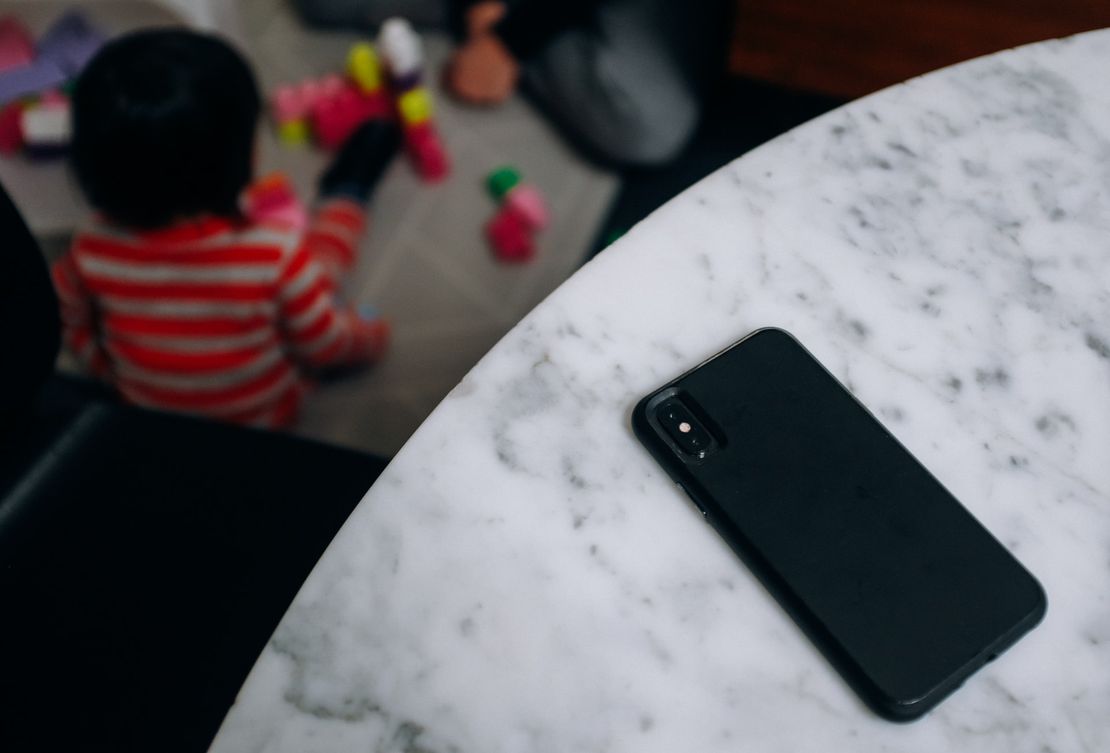
Striking a Balance
- Tzvi Mogilevsky
- Tech
- November 5, 2023
In our fast-paced world, screens have seamlessly woven themselves into the fabric of our daily lives. The irresistible allure of checking emails, indulging in binge-watching sessions, or mindlessly scrolling through social media has become the new norm. But amidst this digital whirlwind, we find ourselves pondering a crucial question: How do we regain control over our screen time without feeling like we’re missing out on the benefits of the digital world?
Decoding Screen Time
Before we delve into the benefits of taming our screen time, it’s essential to decode what it means in today’s digital age. Screen time encompasses the hours we spend glued to electronic devices like smartphones, tablets, laptops, and gaming consoles. It spans both work-related tasks and leisure activities, often blurring the boundaries between the two.
The Rewards of Reducing Screen Time
Reducing screen time may appear to be a daunting task, but the rewards it offers to our physical, mental, and emotional well-being are truly remarkable.
1. Enhanced Physical Health
Excessive screen time often leads to a sedentary lifestyle, contributing to weight gain, muscle weakness, and posture issues. Incorporating regular screen breaks and physical activity into our routines can counteract these detrimental effects.
2. Optimized Mental Health
Paradoxically, the very platforms designed to connect us often leave us feeling isolated and anxious. Prolonged screen time, especially late into the night, disrupts our sleep patterns, fuelling anxiety and depression. Reducing our digital consumption paves the way for deeper, more meaningful connections and improved mental well-being.
3. Children’s Well-Being
Excessive screen exposure in children can impede their development, affecting language and social skills while potentially leading to obesity and poor sleep. Encouraging youngsters to engage in age-appropriate activities can mitigate these concerns, fostering holistic growth.
4. Sleep Quality Matters
Quality sleep is the cornerstone of good health. Yet, the screens we adore emit blue light, disrupting the production of melatonin—a hormone that regulates sleep. This can result in difficulties falling asleep and restless nights. Establishing a screen-free bedtime routine and limiting screen time before sleep can significantly improve sleep quality.
Strategies for Taming Digital Distractions
Now that we appreciate the advantages, let’s explore practical strategies to regain control over our screen time without feeling overwhelmed.
1. Set Attainable Goals
Initiate your journey by setting achievable daily screen time goals. Tracking your usage through apps can keep you accountable. Begin with small steps, such as reducing just 15 minutes of screen time, and gradually increase the duration.
2. Embrace Screen Breaks
Frequent screen breaks, especially during work hours, can alleviate eye strain and fatigue. Techniques like the Pomodoro method can remind you to step away from the screen. Utilize these breaks for screen-free activities that bring joy.
3. Establish Digital-Free Zones
Designate specific areas in your home where screens are off-limits. Whether it’s the bedroom, mealtimes, or family gatherings, encourage family members to participate in this screen-free endeavour.
4. Diversify Leisure Activities
Fill your leisure time with activities that do not involve screens. Attend local meetups, experiment with new recipes, or embark on group hikes. Engaging in physical hobbies and activities can reduce stress and elevate your mood.
5.Embark on a Digital Detox
In today’s tech-driven world, it’s essential to limit screen time. Technology itself can offer solutions to this challenge. Tools like screen time tracking features on smartphones, along with specialized apps designed for this purpose, help users manage their screen time effectively.
6. Practice Mindfulness
Maintain a journal to track your screen time and its impact on your well-being. Consider guided meditation or simply spend time in nature to clear your mind. Small changes can lead to significant reductions in screen time.
Leveraging Technology to Regain Control
In recent years, a plethora of apps, tools, and resources have emerged to assist individuals in curtailing their screen time and cultivating healthier habits. These solutions offer features such as tracking device usage, setting app limits, and scheduling digital downtime.
Some apps can block distracting websites and apps, while devices with minimal connectivity features can provide an alternative for those seeking to disconnect (can you imagine using a phone just to make calls?) By leveraging these tools, individuals can gain awareness of their screen habits and make more intentional choices regarding their digital engagement.
In conclusion
Reducing screen time is essential for our holistic well-being. Through mindfulness, goal setting, and a shift towards screen-free activities, we can experience improvements in both our physical and mental health. While technology can assist us on this journey, the true transformation stems from our commitment to embracing a balanced and fulfilling life. Are you ready to take the first step towards reclaiming control over your screen time, and in turn, embracing a healthier, more connected existence? Reach out to your friendly life coach, to make this experience a breeze!
Your journey may inspire others to embark on their path to achieving a harmonious balance between technology and life.


